25, May 2020
Burundi expected to announce Ndayishimiye next president 0
Burundi’s election commission is expected Monday to declare Evariste Ndayishimiye the country’s next president, with all signs showing the ruling party’s candidate on track for victory following last week’s poll.
The National Independent Electoral Commission will unveil the outcome of the presidential and legislative races at 1200 GMT.
Local government results are also expected Monday.
Partial results already announced on state media indicate that Ndayishimiye, an army general from the governing CNDD-FDD who was hand-picked to succeed outgoing President Pierre Nkurunziza, has an insurmountable lead over his opponents.
Agathon Rwasa, the main opposition leader, has alleged foul play, saying early numbers showing his CNL party heading for a bruising defeat are a “fantasy”.
According to a tally by AFP covering 105 of 119 municipalities, Ndayishimiye won an outright majority in 101, and in at least one secured 99.9 percent of the vote.
In the four communes where he was defeated, Ndayishimiye attracted a support rate of no less than 43 percent.
Rwasa and his CNL, meanwhile, managed just 24.6 percent in Kabezi, a historic stronghold in western Bujumbura for the opposition party, which says some of its officials were harassed and detained on voting day.
The veteran politician attracted large crowds throughout his campaign, as did the ruling party, despite concerns about the coronavirus pandemic.
– Results questions –
Analysts predicted the presidential race would come down to a contest between Rwasa and Ndayishimiye, the strongest of seven candidates.
A foreign diplomat in Burundi, speaking anonymously, expressed strong doubts about the official result but said it was not surprising.
“We were expecting it to happen like this. Nobody could imagine for a second that the CNDD-FDD and its generals would cede power in any way,” the diplomat said.
Burundi, which the World Bank ranks among the world’s three poorest countries, has been under sanctions from its major donors since 2015, when Nkurunziza’s decision to run for a third term as president triggered violent unrest and political chaos.
At least 1,200 people have died and 400,000 have fled the country in violence that continues to this day.
So far this year’s election has not seen a repeat of that violence.
Rwasa has already hinted he would not take to the streets in protest and would appeal to the Constitutional Court, though he considers the process imperfect.
Tensions were high during the campaign and on voting day, when both sides accused the other of fraud and several CNL officials were arrested.
Burundi is tightly controlled by the ruling party and its youth wing, the Imbonerakure, have been accused of a forceful crackdown against the government’s critics in the aftermath of 2015.
If the election commission announces Ndayishimiye the winner as expected, he will be sworn in for a seven-year term in late August, when Nkurunziza’s term ends.
It is unclear whether Ndayishimiye would be able to rule free from interference by Nkurunziza, who in February was elevated by parliament to the rank of “supreme guide for patriotism” and will remain chairman of the party’s highly influential council of elders.
The final election results will be declared by the Constitutional Court on June 4.
Source: AFP
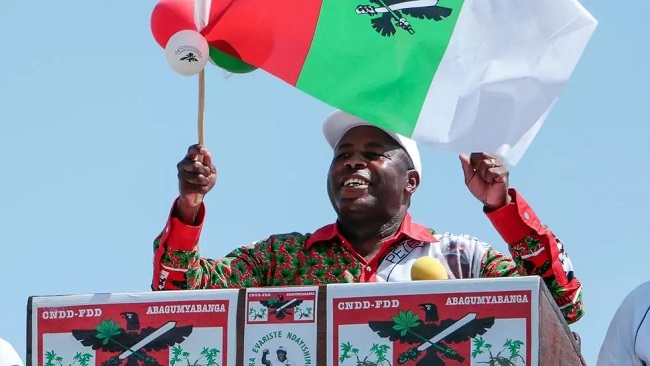
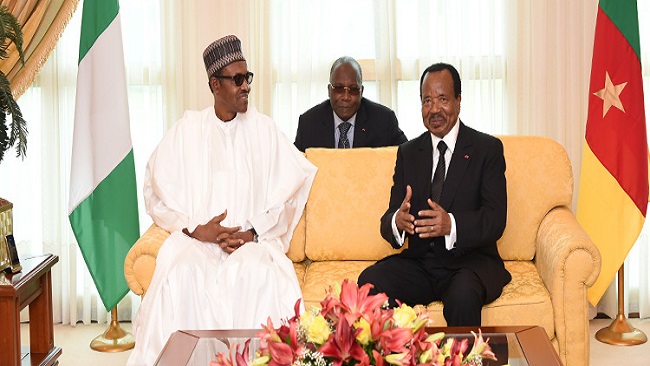
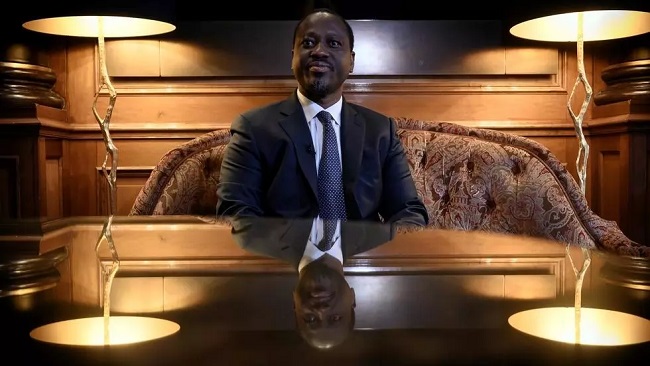

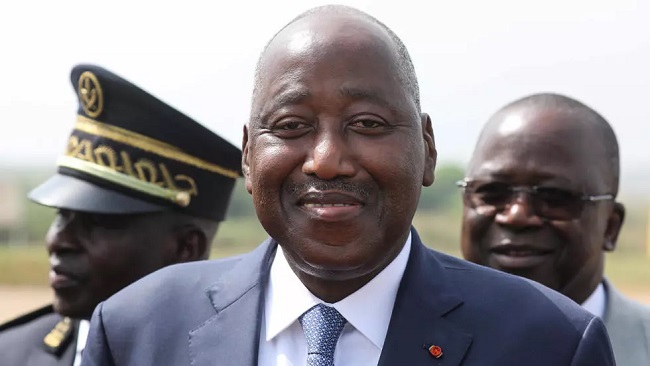
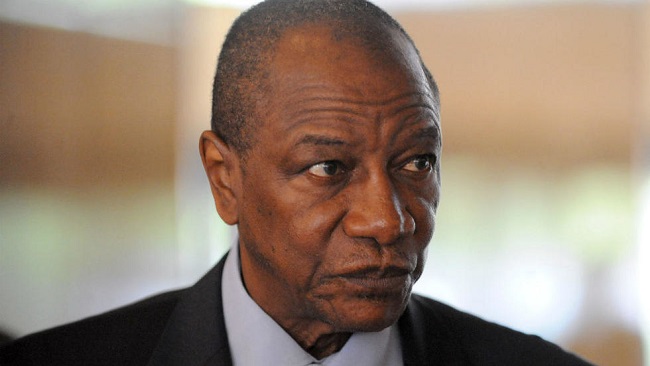
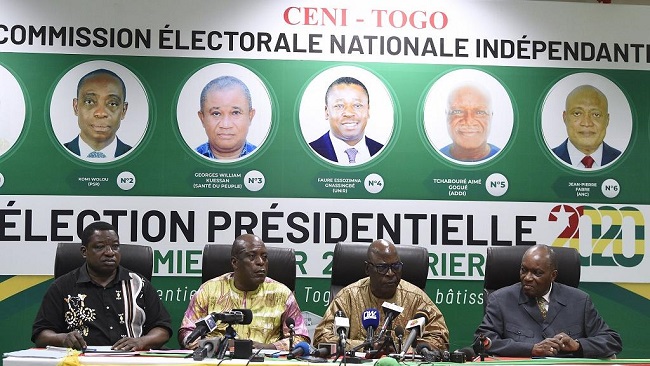

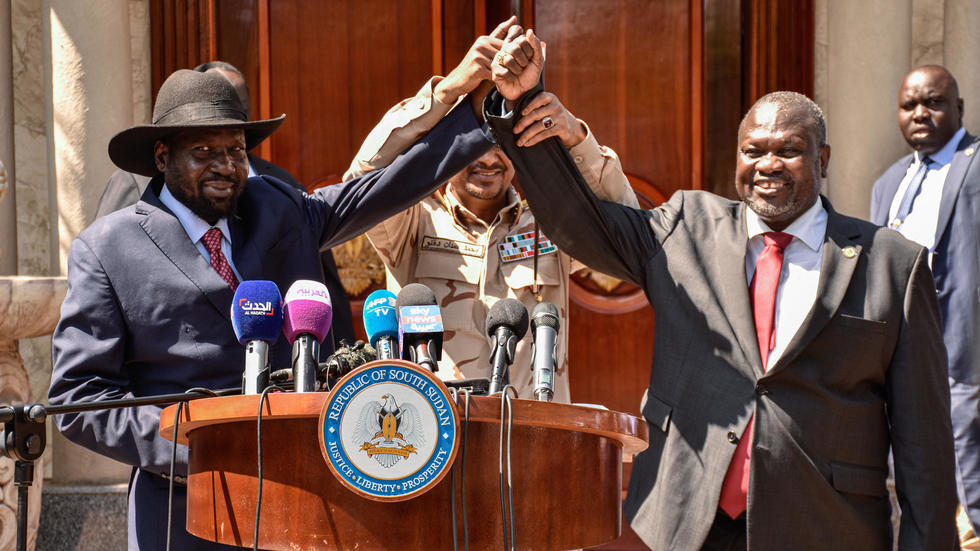

















12, June 2020
Burundi COVID-19 Transition: Court rules president-elect to take power after Nkurunziza’s death 0
Burundi’s constitutional court on Friday ruled that the country’s newly elected leader Evariste Ndayishimiye be sworn in following the sudden death of former leader Pierre Nkurunziza earlier this week.
“No interim necessary, the president-elect… must be sworn in as soon as possible,” presidential advisor Willy Nyamitwe wrote on Twitter of the court’s announcement, which was also confirmed by the ruling party’s information secretary.
Nkurunziza, who died on Monday aged 55, had been due to step down as Burundi’s president in August after his surprise decision not to run in an election last month won by the ruling party’s handpicked successor.
Under the country’s constitution, the speaker of the National Assembly, Pascal Nyabenda, should take over in the event of the president dying.
However Nkurunziza’s sudden death put Burundi in an unusual situation, sparking rumours and fears of renewed violence in the troubled East African nation.
The council of ministers on Thursday decided to ask the constitutional court for guidance.
Iron rule
Burundi’s economy is mired in poverty and cut off by international donors after the UN documented the widespread rape, torture and murder of political opponents by ruling party activists and state security forces.
Nkurunziza was elected by parliament as president in 2005 and re-elected in a general election in 2010.
His final years in office saw the country placed under sanctions and cut off by western donors, with Burundi ranked by the World Bank as one of the world’s three poorest countries.
(FRANCE 24 with AFP and REUTERS)